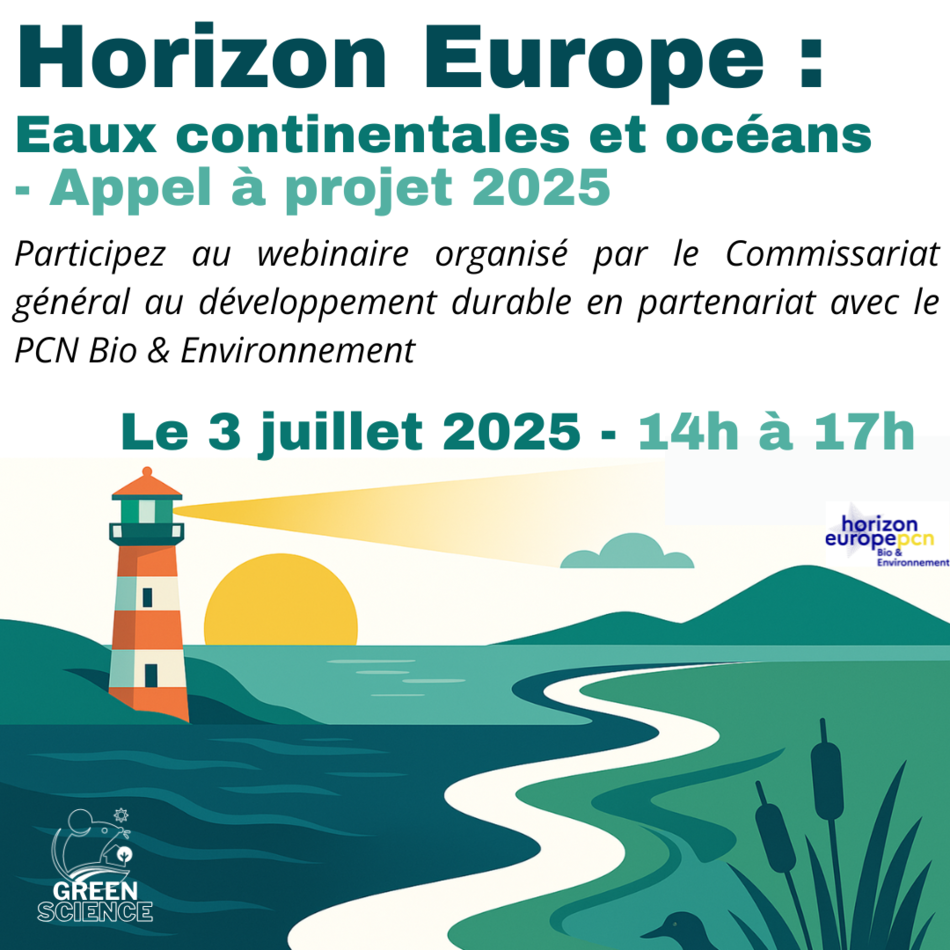ExpectedOutcome:
Projects are expected to contribute to the following outcomes:
- A structured overview of the educational offer in the EU, including continuing education for the EU space sector.
- Socio-economic analysis of the space-oriented student population and identification of gaps/shortcomings and excellences across the EU-27 and Associated Countries.
- Identification of the needs for education and skills in the EU space sector and of potential new educational knowledge answering emerging and future needs
- Assessment of the adequacy between curricula and sector needs;
- Actions for the promotion of space jobs and career in Bachelor and Master courses
- Creation of educational material for jobs related to Earth observation and Positioning Navigation and Timing, in particular downstream.
- In relation to the expected impact, these outcomes will contribute to foster the EU space sector competitiveness by enhancing the adequacy between the needs of the sector and the qualification of the workforce and reinforce EU capacity to develop products and services with a higher level of autonomy.
Scope:
Competitiveness and innovation of the EU space sector depends on the availability of high educational standards and skilled professionals across a range of qualifications and the possibility for these professionals to upgrade and update their skills. This is also in the interest of the research and innovation community where the quality of the results and the impact of EU-funded research is a precursor of the future space sector. The EU also plays a role in the aligning of educational degrees to provide more opportunities and promote mobility of professionals and researchers across countries and sectors.
The scope of this action encompasses:
- The analysis of the main curricula and courses available and existing educational standards across the EU-27 at bachelor, master and post-graduate levels as well as continuing education (training and staff qualification / certification). The study should provide an overview of the ‘supply’ of space-oriented education and of the ‘demand’, a quantitative analysis of the ‘stocks & flows’ of students at the different levels eventually employed in the space sector at large (academia, government agencies, upstream industry, downstream industry) including socio-economic aspects (e.g. gender, educational background, family income, parents’ education, residence geography, etc.), and a comparative analysis of the cost/time to achieve a degree. This should be supported by extensive, in-depth quantitative and fact-based evidence and encompass EU-27 and Associated Countries.
- The analysis of the skills required and reskilling needs of the R&I and the industrial community (across the entire supply chain, ranging from upstream space to downstream space) will be performed and structured, presumably along existing educational modules (e.g. electrical, mechanical, telecommunication, system engineering, physics, psychology, medicine). The analysis should engage both industry and educational institutions. It should not be limited to technical, scientific, engineering disciplines but also includes the essential soft skills needed, such as the ability to work in a diverse multidisciplinary team, to communicate efficiently, to create new activities and businesses, etc. An assessment of the number of professionals needed in the different sectors will be produced, based on fact-based and in-depth quantitative analysis of the demographics across EU-27, the current/projected enrolment rate into space-oriented disciplines, the success rate, etc. This will also include an exploratory look at future skills, which the space sector will need in the future. The analysis should take into consideration results stemming from existing activities funded under Horizon 2020, e.g. the EO4GEO project (http://www.eo4geo.eu) and the PERSEUS project https://cordis.europa.eu/project/id/640211
- The analysis of the match between needs and offer across the whole of EU-27 will be analysed and recommendations made to ensure a better match between the needs and the offer in the coming years. For this, a benchmarking of the career opportunities for space-oriented graduates coming from different universities across the EU-27 and Associated Countries (e.g. time to first employment, average salary after 3-5-7 years, etc.) will be performed. An assessment of the net inflows/outflows within EU-27 and Associated Countries and with non-EU countries will be carried out.
- In particular, the co-operation between academia and industry in the field of PhD studies will be assessed and measures to promote the research experience of the academic personnel proposed.
- The use of continuous learning “in-company” and “out-of-company” supported by the new digital technologies with guaranteed quality e.g. Massive Online Open Course (MOOC) will be assessed and promoted.
- Promotion of the space sector jobs and careers (in particular where there is a strong demand for qualified workforce) and information about the different curricula and disciplines of interest for such careers in Bachelor and Master studies.
- Creation of course modules in relation to the 2 EU flagship constellations Copernicus and Galileo for jobs related earth observation and PNT, in particular for the downstream sector.
Up to 1 project will be funded.
Cross-cutting Priorities:
Societal Engagement





